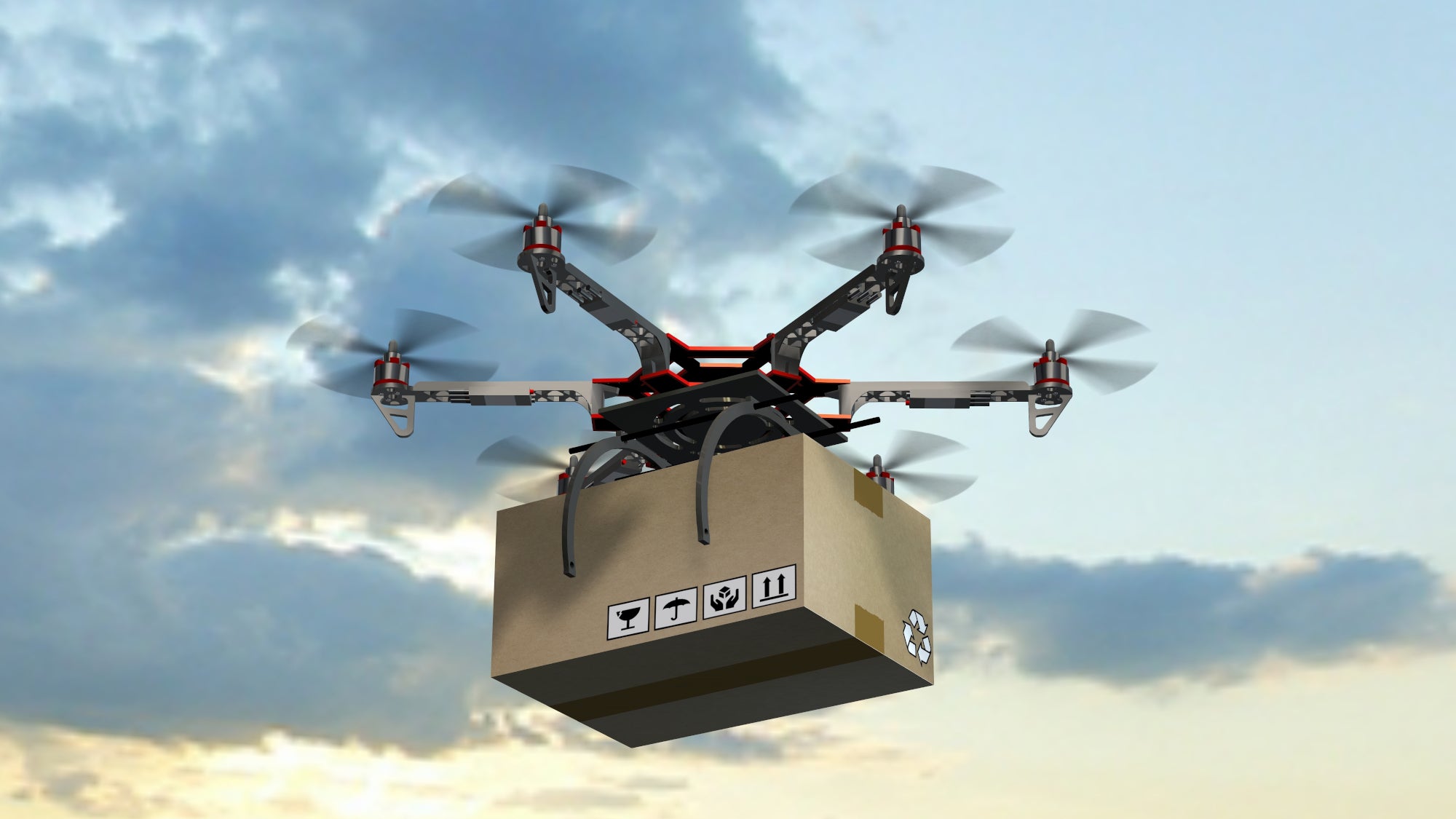Delivery Drones: The End of Traditional Logistics? – How autonomous drones are reshaping delivery systems.
Delivery Drones: The End of Traditional Logistics? - examines how autonomous drones are transforming delivery systems. The article discusses the benefits of using drones for deliveries, such as reduced delivery times, lower costs, and increased efficiency. It also explores the challenges and limitations, including regulatory hurdles, safety concerns, and technological advancements needed to fully integrate drones into logistics networks. By highlighting real-world applications and ongoing projects, the article paints a picture of how drones could revolutionize the logistics industry.

The rise of autonomous drones is transforming the logistics industry, offering faster, more efficient, and cost-effective delivery solutions. These advanced technologies are challenging traditional delivery methods and reshaping the way goods are transported. But will they completely replace traditional logistics, or will they complement existing systems?
The Emergence of Autonomous Drones
Autonomous drones, equipped with sophisticated navigation systems and AI, can deliver packages without human intervention. Companies like Amazon Prime Air, UPS Flight Forward, and Google’s Wing are leading the charge with pilot programs that test and implement drone delivery systems. These drones can carry lightweight items like medicine, food, and small parcels, significantly reducing delivery times and operational costs.
Advantages Over Traditional Logistics
One of the most compelling advantages of autonomous drones is their ability to bypass traffic congestion and deliver packages directly to customers. This speeds up the delivery process and reduces the carbon footprint associated with traditional delivery vehicles. Additionally, drones can access remote or hard-to-reach areas, making them ideal for delivering essential goods to underserved communities.
Challenges and Considerations
Despite their potential, autonomous drones face several challenges, including regulatory hurdles, safety concerns, and public acceptance. Ensuring the safety of both the drones and the public is paramount, as is addressing privacy concerns related to aerial surveillance. Integrating drones into existing airspace and logistics networks requires careful planning and coordination.
The Future of Delivery Systems
As technology continues to advance, the capabilities of autonomous drones will grow. The integration of AI with other emerging technologies, such as augmented reality (AR) and the Internet of Things (IoT), will further enhance drone delivery efficiency. While autonomous drones are poised to transform the logistics industry, they are likely to coexist with traditional delivery methods, complementing and enhancing logistics with their speed, efficiency, and accessibility.
In conclusion, autonomous drones are reshaping delivery systems and revolutionizing logistics. As we continue to innovate and explore the possibilities of drone technology, the future of delivery systems looks promising and dynamic.
sources: Delivery Drones | Revolutionizing Logistics and Transportation with Autonomous Flight Technology | UNIS, The Future, Benefits, Disadvantages and Types of Delivery Drones in E-Commerce Logistics - Ominy Market
What's Your Reaction?












/https://tf-cmsv2-smithsonianmag-media.s3.amazonaws.com/filer_public/54/66/546650fa-26a4-40fd-8d6d-5a7a04540f81/rosetta2.png)
:max_bytes(150000):strip_icc():focal(999x0:1001x2)/robert-prevost-050825-1-39395418ab494da5a3a700c9478e66c8.jpg)















































format(webp))
format(webp))

























